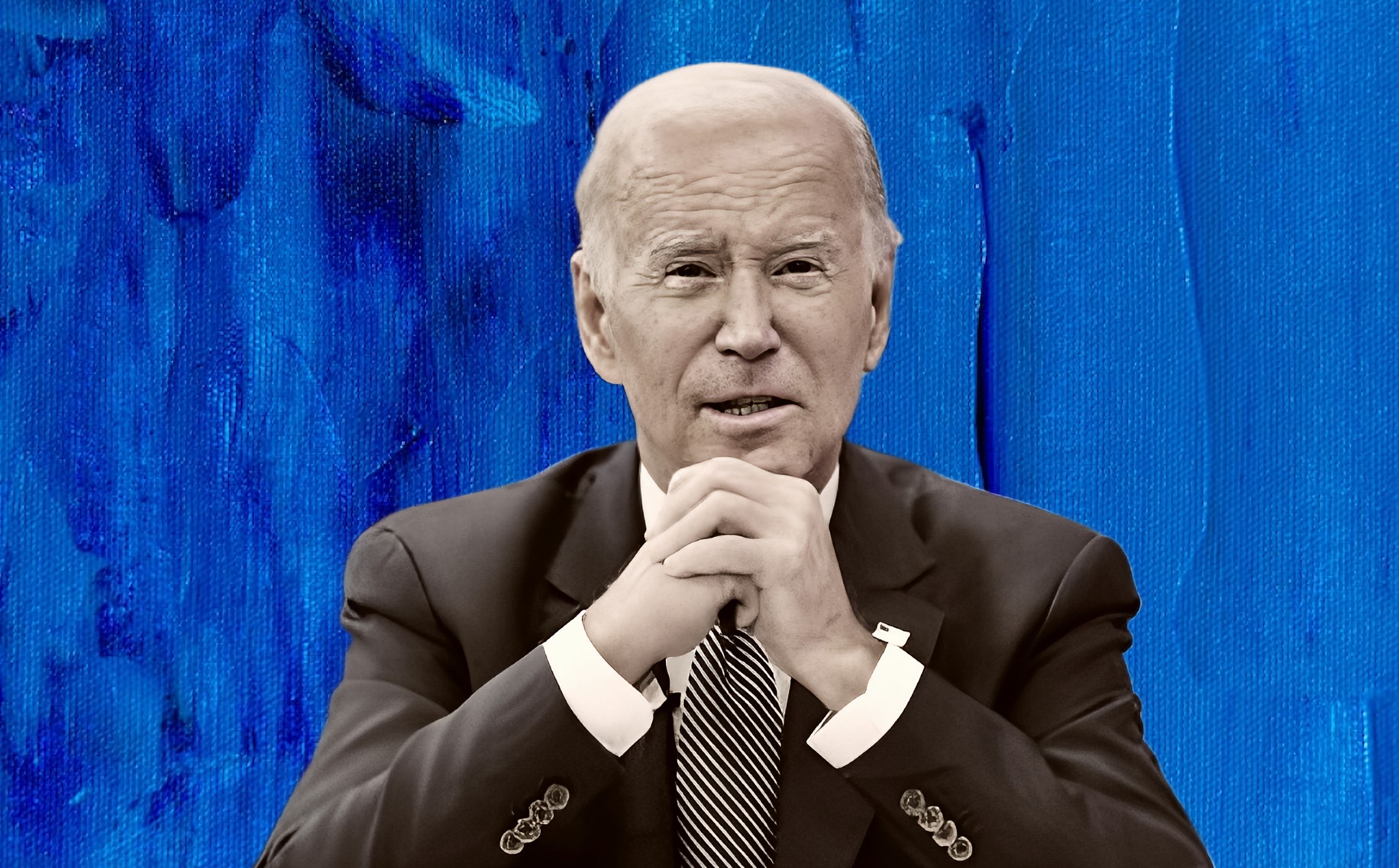Transatlantic Tussle: U.K. Goes After U.S. And Biden

U.S. is in a transatlantic tussle with Britain’s trade chief, Kemi Badenoch, expressing concerns that the protectionist law and Biden’s “Inflation Reduction Act” will not help the U.S. counter the rise of China and could create a “single point of failure” in key supply chains. Badenoch also warned that the law could harm British and European carmakers. While the U.K. has been lobbying against the plan and working with other like-minded countries, the U.S. ambassador to the U.K. argued that the plan could have major positive implications beyond the U.S.
U.K. Trade Chief Kemi Badenoch has expressed concerns about the proposed U.S. infrastructure plan. The legislation offers subsidies and tax credits to incentivize the adoption of electric vehicles and green infrastructure, but Badenoch believes it would harm British and European carmakers. In response, the U.K. is working with like-minded countries such as Japan, Switzerland, and South Korea to address their concerns with the proposal. The EU is also worried and is working jointly with the U.K. on the matter.
The U.K. has been lobbying against the plan and is working with “like-minded countries” such as Japan, Switzerland, and South Korea, who are all also concerned about the proposal. U.S. Ambassador to the U.K. Jane Hartley, however, argued that the act could have major positive implications beyond the U.S.
However, U.S. Ambassador to the U.K. Jane Hartley argues that the act could bring about significant technological improvements that could benefit the entire world, not just the US. She emphasizes that the U.S. administration created the plan to protect their allies and not to hurt them. During the plan’s comment period, U.S. Treasury Secretary Janet Yellen is closely examining feedback from various stakeholders.
The U.K.’s opposition to the U.S.’s infrastructure plan indicates that it could have significant implications for international trade. The U.K. is not alone in its opposition to the plan, and it remains to be seen how the U.S. government will respond to these concerns. The plan’s potential impact on the global economy and the future of international cooperation on climate change is also worth monitoring.
On the other hand, U.S. Ambassador to the U.K. Jane Hartley countered Badenoch’s criticisms by arguing that the act could bring about significant improvements in technology, which could be used by everyone in the world, not just the U.S. Hartley also emphasized that the U.S. administration has stressed that they did not create the plan to hurt their allies, but rather to protect them. Finally, she noted that U.S. Treasury Secretary Janet Yellen is closely examining the act during its comment period and taking feedback from various stakeholders into account.
“The EU is very worried and we’re working jointly with them on it,” Badenoch added, “It’s not just the EU doing stuff and we’re not in the room. Japan is worried. South Korea is worried. Switzerland is worried.”
U.S. Ambassador to the U.K., Jane Hartley, argued that the Inflation Reduction Act proposed by President Biden could have major positive implications beyond the U.S. She noted that the law would generate a significant amount of money for research and development, which would improve technology and make it cheaper, and that the technology would be used by everyone in the world, not just the U.S. Hartley added that U.S. Treasury Secretary Janet Yellen is reviewing the act during its comment period and that President Biden and U.S. Trade Secretary Katherine Tai had both emphasized that their country did not intend to harm allies, but rather to protect them.
“It is onshoring in a way that could actually create problems with the supply chain for everybody else… And that will not have the impact that it wants to have when it’s looking at the economic challenge that China presents. So no, I don’t think it’s a good idea, not just because it’s protectionist. But it also creates a single point of failure in a different place, when actually what we want is diversification and strengthening of supply chains across the board.”
“One of the things I would say is there’s going to be a huge amount of money, R&D — the technology is going to improve, the technology is going to be cheaper,” adding, “The technology is going to be used by everyone in the world — not just the U.S.”



